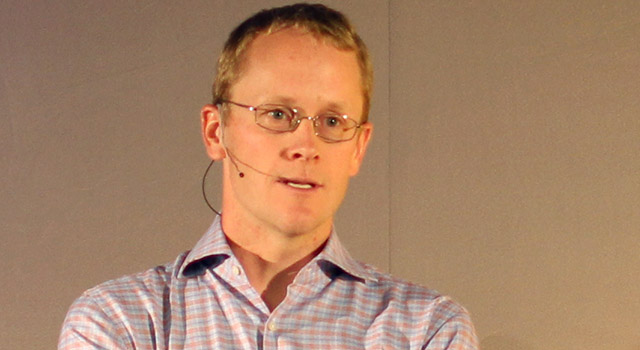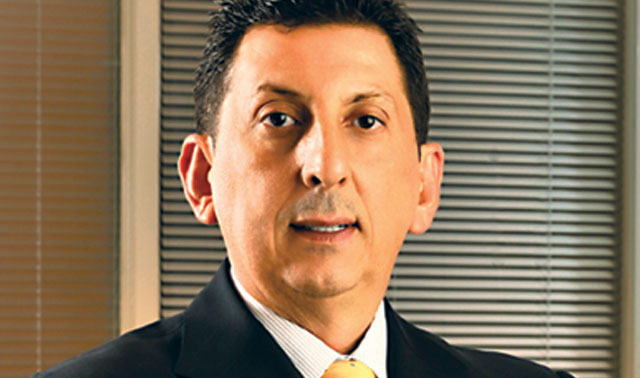
Facebook and other so-called over-the-top (OTT) service providers cannot put propositions on the table that are not profitable for mobile operators and doing so would be “contrary to our goal”.
That’s the view of Chris Daniels, who heads Internet.org, the Facebook-led initiative to bring affordable Internet access to emerging markets. Internet.org is also supported by Samsung, Opera Software, Qualcomm, Ericsson, MediaTek and Nokia.
Daniels, who was speaking at AfricaCom in Cape Town on Tuesday, said that if mobile operators aren’t making money from people coming online, they will not be able to invest in infrastructure.
“After many conversations and learnings from operators, we realised we needed to come to the table with something that is going to help operators, so that they can continue to invest and continue the superb work they have done to connect the globe already. It is our goal to make sure that our solutions make money for operators.”
Daniels’ remarks came on the same day that MTN South Africa CEO Ahmad Farroukh used the stage at AfricaCom to call for “balanced cooperation” between operators and OTT service providers.
Farroukh said that this cooperation is required to create what he called a “win-win ecosystem” and that operators must put a plan in place to avoid becoming “dumb pipes” over which OTTs are the only ones that profit.
He said mobile network operators and OTT players could either fight each other or opt to work in partnership to define access and structure a deal fair for both sides.
“We need to stress that there should be no free ride for OTT players. Mobile network operators will protect their customer bases and revenue streams.”

He said rules of engagement need to be drawn up to govern relations between mobile operators and OTT providers wanting to use their networks. Strategies where operators charge for value-added services and quality of service make sense, he said. “Those that want a premium service will be willing to pay a premium.”
But it would appear that mobile operators and OTT players may have much in common in their desire to connect the next 3bn people.
Orange executive vice-president for Africa and the Middle East Marc Rennard told the audience at AfricaCom that OTT players and mobile operators need to ask how can they work together in order to cover the remote and rural areas.
Rennard said that the conversation should not be about who will pay for these services but rather how can operators can reduce the global cost of communication. “The [Google] balloons and [Facebook] planes that are planned to cover remote areas are long-term prospects… [The issue is] some countries charge up to 40% tax on mobile handsets … these are the type of things that needs to be addressed now.” If not, he said, it will be very difficult for mobile operators to continue to make a profit. — © 2014 NewsCentral Media




